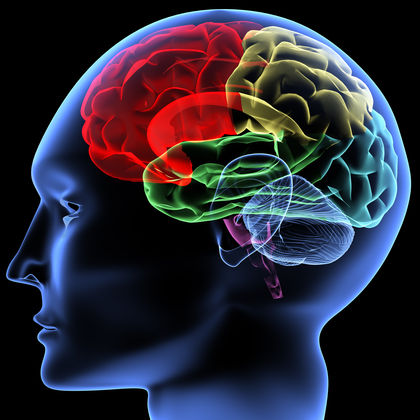
About Neurotransmitters
Let’s visit the four main neurotransmitters, what they do and the symptoms associated with deficiencies with them.
So what are neurotransmitters?
Neurotransmitters play a role in shaping who we are and how we perceive ourselves and the world around us. They influence our moods, memory and learning, self-esteem, anxiety levels, motivation, and more. I think this explains why some people who have been suffering for years with unresolved thyroid symptoms can become grouchy, angry, and pessimistic. That may reflect not who they really are, but instead their worsening brain health due to thyroid hormone deficiency.
There is no scientifically validated way to test neurotransmitter levels through lab testing. The best way is to assess your symptoms. Also, if you see symptoms in one area this does not necessarily mean your levels are low. It could be other areas of the neurotransmitter pathway are affected, such as neurotransmitter release, binding, or clearance. Also, various factors can affect neurotransmitter levels, including blood sugar imbalances or hormonal imbalances. Rarely, if ever, does poor neurotransmitter activity indicate an antidepressant deficiency.
ACETYLCHOLINE
Acetylcholine is the learning and memory neurotransmitter. Symptoms of poor acetylcholine activity include:
Loss of visual and photographic memory
Loss of verbal memory
Memory lapses
Impaired creativity
Diminished comprehension
Difficulty calculating numbers
Difficulty recognizing objects and faces
Slowness of mental responsiveness
Difficulty with directions and spatial orientation
SEROTONIN
Serotonin is the joy and well-being neurotransmitter. Symptoms of poor serotonin activity include:
Loss of pleasure in hobbies and interests
Feelings of inner rage and anger
Feelings of depression
Difficulty finding joy from life pleasures
Depression when it is cloudy or when there is lack of sunlight
Loss of enthusiasm for favorite activities
Not enjoying favorite foods
Not enjoying friendships and relationships
Unable to fall into deep restful sleep
GABA
GABA is the “calm and relaxed” neurotransmitter. Symptoms of poor GABA activity include:
Feelings of anxiousness or panic for no reason
Feelings of dread
Feelings of inner tension and inner excitability
Feelings of being overwhelmed for no reason
Restless mind
Hard to turn your mind off when you want to relax
Disorganized attention
Worry about things you never had thought of before
DOPAMINE
Dopamine is the “pleasure and reward” neurotransmitter. Symptoms of poor dopamine activity include:
Inability to self-motivate
Inability to start or finish tasks
Feelings of worthlessness
Feelings of hopelessness
Lose temper for minor reasons
Inability to handle stress
Anger and aggression while under stress
Desire to isolate oneself from others
Unexplained lack of concern for family and friends
If you would like to know if you have neurotransmitter issues, we have a questionnaire we can email you to fill out. Just call Lahneen 941-350-7722 and ask her to send the BRAIN questionnaires.

